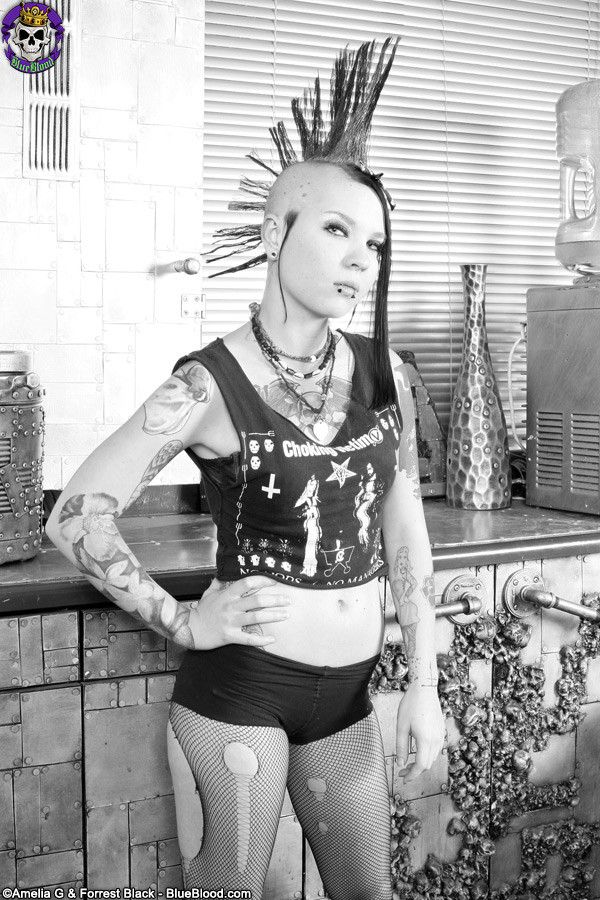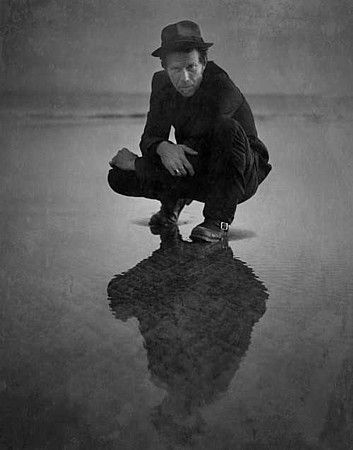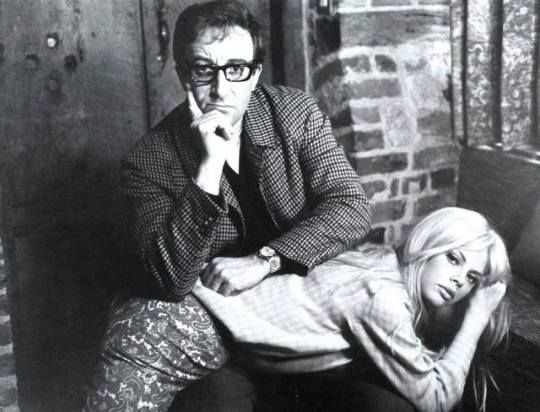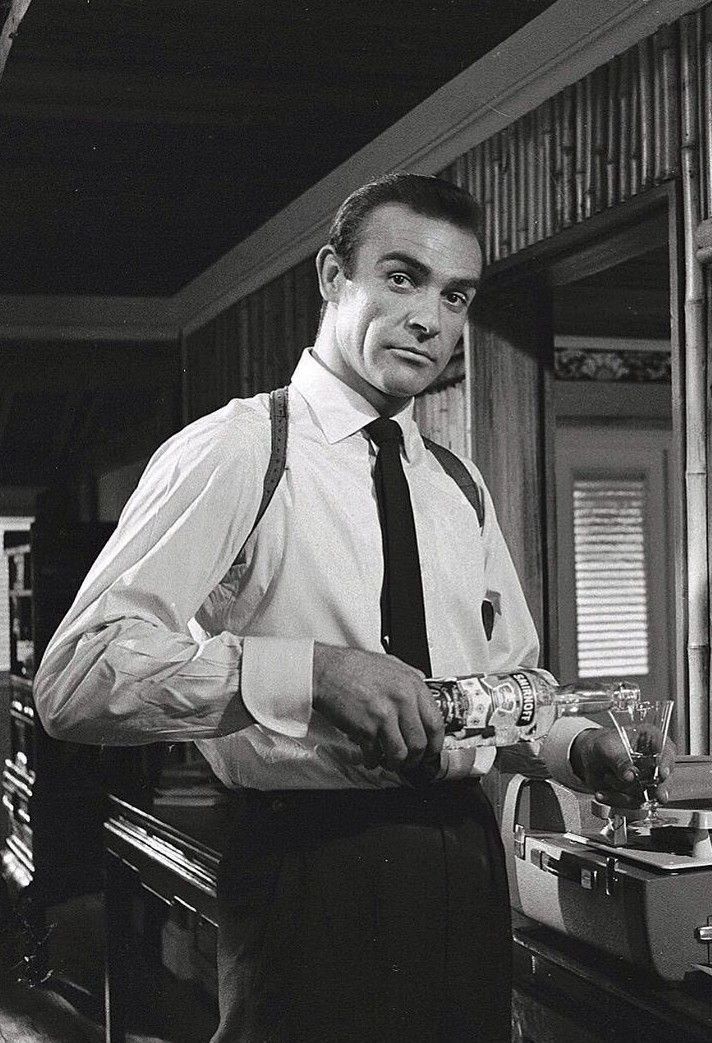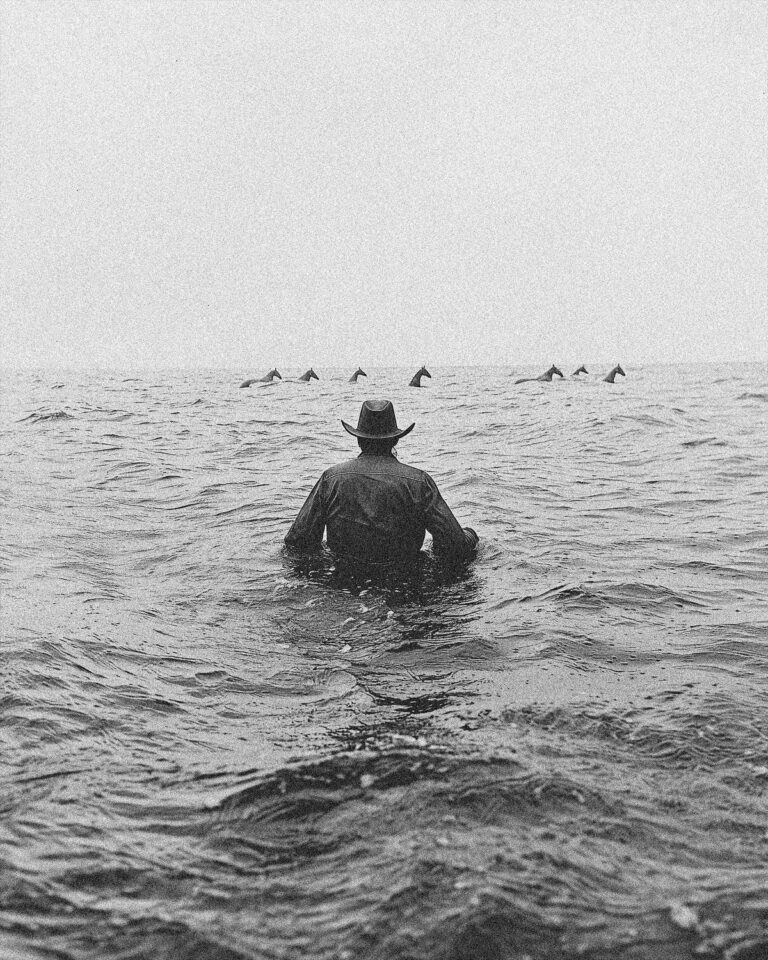https://drive.google.com/file/d/1LvrbKPjmIgWzxqcQiJQ5gsb55-MxE0ME/view?usp=drive_link
A skateboard wasn’t a toy. It was a goddamn survival tool. My wheels, a way to cut through the cracked, perfect-looking pavement of Cerritos, California—a place built on the lie that if you watered the lawn enough, the rot underneath wouldn’t stink. Every street led somewhere, but never where I wanted to be. I kicked, I pushed, I carved through that suburban maze, but no matter how fast I went, I could never outrun the thing that waited for me in that house.
That house wasn’t home. It was a cease-fire zone in a war I never agreed to fight. My organic father’s wife made sure of that. She moved through the rooms like a phantom with a grudge, avoiding me with a cold, expert precision. She’d lock herself in her bedroom, the bathroom, anywhere I wasn’t, leaving behind only the lingering, sour stench of her resentment. Weeks would pass without a single word between us. I wasn’t her stepson; I was an unwanted piece of furniture she couldn’t figure out how to throw away.
It all went to hell the day I made the mistake of telling the truth.
Sitting in some therapist’s office, under the dumb, childish illusion that honesty actually mattered, I let it slip. “My father is fun,” I said. “He’s different when she’s not around.”
That was it. That was all she needed.
She took those words and weaponized them, twisted them into an act of personal betrayal. Suddenly, I was the villain, the ungrateful little bastard ruining the sanctity of her perfectly planned, miserable little life. She went to my father, tears in her eyes, I’m sure, and told him I didn’t respect her, that I was a threat.
And my father—spineless, predictable, a man who would always choose the path of least resistance—he sided with her. Of course he did.
“This house is made of rules,” he said, his voice flat, rehearsed, like she’d fed him the lines herself. “And if you break them, you can’t live here.”
The trap was set. I didn’t stand a chance.
I was fifteen, in way over my head with a girl named Gina—too smart, too beautiful, too much for a punk kid with a skateboard and no goddamn future. That day, we were lying in the park under a tree, the whole world standing still for just a minute. Then I saw my watch. Fifteen minutes to make it home before the five o’clock dinner bell, before another sin was chalked up against my name.
I rode like hell. Weaving through traffic, hopping curbs, a blur of desperation. I got there breathless, sweat dripping down my spine.
It didn’t matter. The door was locked.
I knocked. Pointless. He stepped out onto the porch, leaving the door shut behind him, closing off the world he’d chosen. His face was a mask carved from disappointment and obligation.
“I told you what would happen,” he said.
His hand clamped down on the back of my neck. Not a slap, nothing that clean. Just a firm, final grip, the last time he’d ever touch me. He walked me down the driveway like a prison guard escorting an inmate to the gallows, and at the edge of the curb, he let go.
That was it. The second time he abandoned me. The official one.
I stood there on the sidewalk, skateboard in my hand, the weight of it all pressing down. I flipped the board up with my foot, caught it, then dropped it to the pavement.
CRACK.
The sound echoed in the quiet suburban stillness. A punctuation mark. The end of a chapter.
Did he feel regret? Was this some sick, fatherly life lesson? Or was this just the price of peace in his own house? Another night where he could crawl into bed with the woman he chose over his own goddamn blood.
I didn’t wait for the answers. I put my foot on the board, pushed off, and rode into the night. Leaving it all behind. The house, the locked door, the whole fucking lie.
This time, I wasn’t just leaving.
I wasn’t coming back.
Author’s Note:
The story of the locked door. It’s not that complicated. It’s a simple lesson in bad math.
You take one weak man—a father who wants peace at any price. You add one quiet, resentful woman who knows exactly how to manipulate that weakness. Then you subtract the kid who gets in the way. Simple.
What was my great crime? I fell for a pretty girl in a park and was a few minutes late for a dinner no one wanted me at in the first place. That’s the joke of it. In a house like that, the punishment never fits the crime. The crime is just a convenient excuse for a verdict that’s already been decided.
This story isn’t about teenage rebellion. It’s about learning that a “house rule” is often just a weapon in disguise. It’s about watching a man choose a quiet night with a woman he probably hates over his own goddamn son. It’s about the sound a skateboard makes hitting the pavement when you finally understand you have nowhere else to go.
It’s a story about abandonment, sure. But the real abandonment happened long before he locked that door. That night? That was just him finally turning the key.






